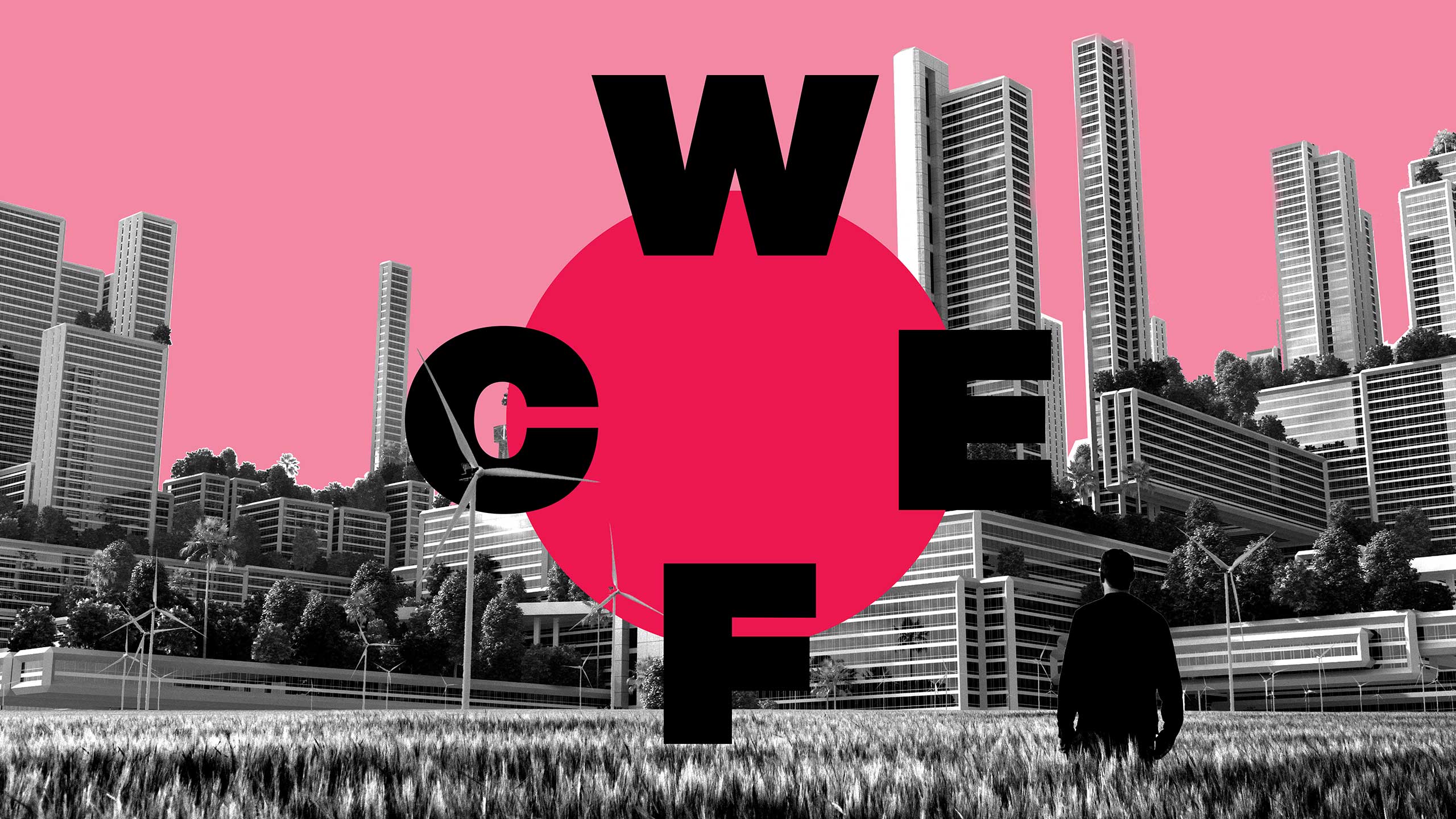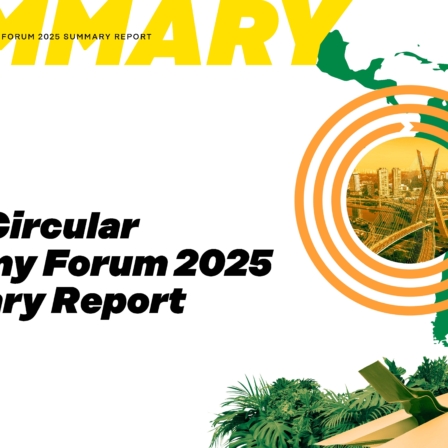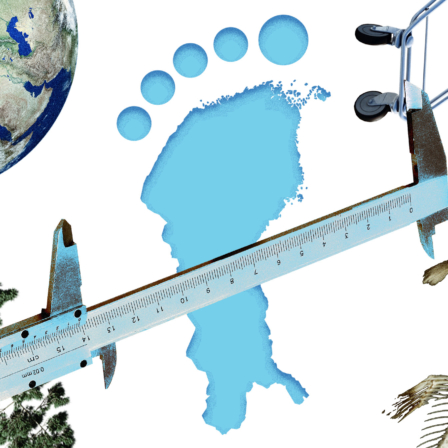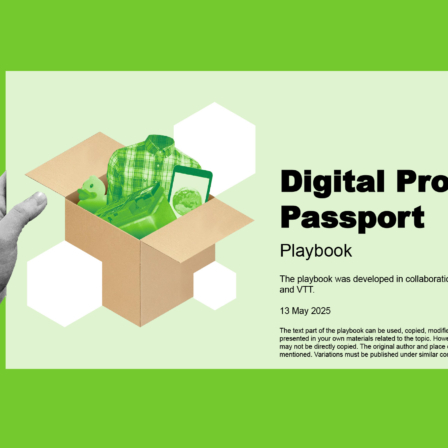Q: Circular economy as a concept is a hard nut to crack and to understand. Can anyone follow the discussions at the WCEF via live stream even though they wouldn’t be familiar with the theme?
A: Even though the term circular economy can be somewhat complex at times, the live streams of WCEF 2018 sessions are meant for everyone who is interested in broadening their understanding on the topic and learning about practical solutions. Since WCEF2018 content comes from so many different organisations and cultures we instruct speakers to communicate as understandably as possible.
Q: The first World Circular Economy Forum took place in Helsinki and its focus was integrating circular economy to the Global Agenda 2030. What will be the forum’s emphasis this year?
A: This year we’ll gaze further into future visions of a circular economy. The WCEF2018 will examine what a circular economy might look like towards the year 2050, and what kind of action is required now for reaching those visions. Thematic topics that will be discussed at the forum include the opportunities of circular economy for developing regions, the roles of consumers and sustainable lifestyles for a circular economy, impact investments for the circular economy as well as issues such as future transportation and plastics. The WCEF2018 will also share the story of how Japan has become one of the leading circular economy nations in the world.
Q: The WCEF2018 offers a vast array of intriguing discussions in 17 different sessions. How can you choose one parallel session over the other?
A: Parallel sessions allow participants to choose topics they are most interested in. People especially interested in practical business solutions can choose to attend the Showcasing Circular Business Solutions session whereas those especially interested in learning how international trade affects the transition to a circular economy can choose to attend the Global Value Chains and Circular Trade session. The choice is up to you!
Q: One of the WCEF2018’s plenary sessions discusses circular economy in developing regions and the significant circular economy gap between countries. What does this gap mean?
A: Different countries have been able to achieve circularity to various degrees. The difference between countries already implementing circular economy and those still commencing can be regarded as a circular economy gap. The plenary session co-organised with the United Nations Development Programme will examine the challenges and opportunities for closing the significant circular economy gap between countries and regions by showcasing a wide range of options for adapting and scaling innovative circular economy approaches in various country contexts, which can generate a wide range of positive social, economic and environmental benefits and help achieve the UN Sustainable Development Goals.
Q: Another plenary session at the WCEF2018 emphasises circular consumer solutions. Could you give examples of practical circular economy solutions that are globally scalable?
A: People have a lot of unused or underutilised stuff they own. By having an easy way to sell this stuff to someone who has better use for it people can reduce the need to produce new stuff from virgin materials. For example, Japanese startup company Mercari provides an easy-to-use mobile app for people to sell their pre-owned items.
Different lifestyles have varying impacts on the environment. For a private individual it can be difficult to estimate how large that impact is and what can be done to reduce that impact. Sitra has created an easy-to-use online Lifestyle Test for determining greenhouse gas emissions resulting from eating, housing, transportation and purchases. The test also recommends solutions to reduce emissions in areas with greatest reduction potential.
These and many other circular economy solutions will be displayed at the WCEF2018 in Japan.
The World Circular Economy Forum 2018 is hosted by the Finnish Innovation Fund Sitra and the Ministry of Environment of Japan and will take place in Yokohama, Japan on 22-24 October. The WCEF2018’s sessions will be live-streamed.

















Recommended
Have some more.